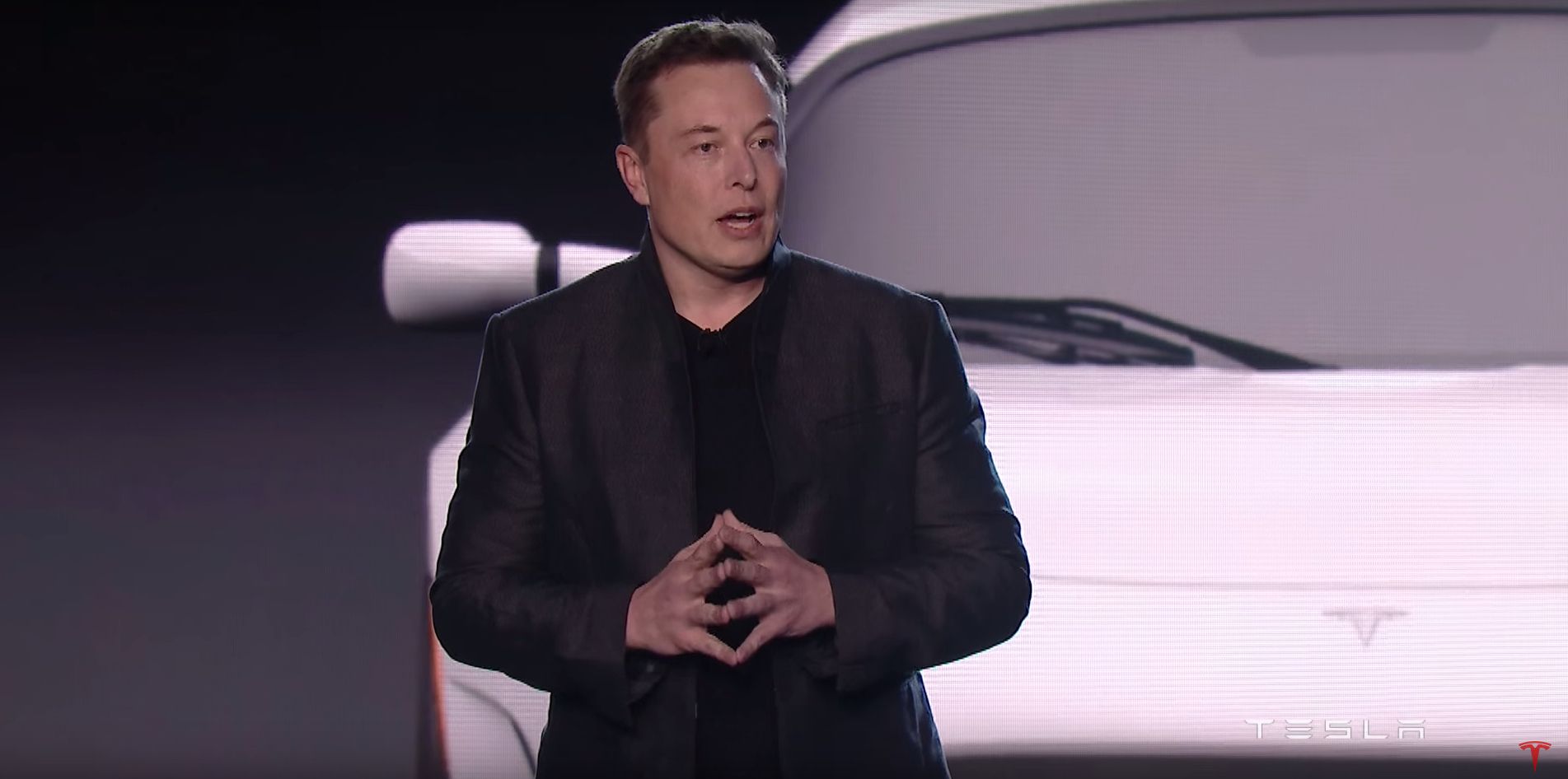Page 10607
Aug 29, 2016
Could Black Holes Give Birth to ‘Planck Stars’?
Posted by Andreas Matt in categories: cosmology, physics, singularity
Theoretical physicists may have stumbled onto a solution to the black hole “information paradox” — what if a black hole’s singularity isn’t an infinitely dense point in space-time? Continue reading →
Aug 29, 2016
Tesla’s Model S Now Drives Like A Ferrari, Thanks To Bigger Battery
Posted by Shailesh Prasad in categories: sustainability, transportation
Tesla took Ludicrous Mode to new heights today. Some subtle wiring changes and a major battery upgrade improved mileage and gave the Model S enough oomph to go from 0 to 60 mph in 2.5 seconds—within fractions of seconds of Ferrari and Porsche models.
The extra performance is largely attributed to a larger battery. Its 100kWh is a 10 percent increase from the previous largest option, and increases total distance for some models by up to seven percent.
Of course it comes at a price. The Model S now costs as much as $134,000—and as always you need to be able to charge it.
Continue reading “Tesla’s Model S Now Drives Like A Ferrari, Thanks To Bigger Battery” »
Aug 29, 2016
Microsoft and IBM Set Sights on the Next Cloud Frontier: Blockchain-as-a-Service
Posted by Shailesh Prasad in category: bitcoin
IBM Blockchain and Microsoft Blockchain-as-a-Service (BaaS) are carving out and fighting for control over a new enterprise market of cloud-based blockchain infrastructure.
Aug 29, 2016
Universal basic income wouldn’t make people lazy–it would change the nature of work
Posted by Shailesh Prasad in categories: economics, employment, government
Americans believe in the importance of a good day’s work. And so it’s understandable that the prospect of a universal basic income (UBI), in which the government would issue checks to cover the basic costs of living, rubs some people the wrong way. Writing in The Week in 2014, Pascal-Emmanuel Gobry envisions a UBI dystopia in which “millions of people” are “listing away in socially destructive idleness,” with “the consequences of this lost productivity reverberating throughout the society in lower growth and, probably, lower employment.”
This is a reasonable concern. After all, the most successful anti-poverty programs in the US thus far, such as the Earned Income Tax Credit, have been carefully designed to promote work –not enable people to avoid it. But based on the evidence we have so far, there’s little reason to believe that a UBI would lead people to abandon work in droves. And even if some people did indeed opt to give up their day jobs, society might wind up reaping untold rewards from their free time in the long run.
Back in the 1960s and 1970s, the US and Canada were seriously considering the possibility of instating a UBI. During that time, the US government commissioned a series of experiments across six states to study the effects of guaranteed income, particularly its effects on work. The Canadian government introduced a similar experiment in the town of Dauphin.
Aug 29, 2016
China using Technology over Nature: Weather Modification Office
Posted by Shailesh Prasad in categories: climatology, economics, energy, finance, food
China has always been a frontrunner, especially in technological advancements. The country has engaged itself in increasingly audacious and ambitious projects. It is, therefore, no astonishment in calling China, ‘the rising power’.China has established Weather Modification Offices, that enables in manipulating weather using technology. The offices are a network of dedicated units that help in changing the weather throughout China. 55 billion tons of rain is created by China every year, making the country the largest cloud seeder on earth.
China has found the urge to manipulate weather mainly because of the extreme climate it experiences. The region has heavy downpour in rainy season while it suffers from drought in summers. Dust and sand storms are common in springtime. Moreover, given the fact that China has the largest population, it cannot afford to rely on climate. Most importantly, for agriculture. China found the only hope in technology in the manipulating weather for accruing benefits.
Weather modification offices require huge financial resources, human capital and weaponry. It is no wonder that China has spent millions of money on weather modification process. It has spent $150 million on single regional artificial rain program. China has escaped $10.4 billion dollars economic losses by employing weather modification system from 2002 to 2012. Over 35000 people have been employed to carry out this project. About 12000 rocket launchers are being used to fire pellets containing silver iodide into the clouds.
Continue reading “China using Technology over Nature: Weather Modification Office” »
Aug 29, 2016
250Gbps: Russian scientists aim to revolutionize computing with plasma-driven antennas
Posted by Shailesh Prasad in categories: computing, physics
A team of Russian physicists has found a way to tune silicon nanoparticles so they can process optical data at previously unattainable speed, paving the way for the creation of “ultracompact and ultrafast” processing devices.
The findings of the experiment-based survey conducted by scientists from Moscow Institute of Physics and Technology (MIPT) and ITMO University were published in the ACS Photonics journal in late July.
Aug 29, 2016
We Need To Switch Our Mental Models From Hierarchies To Networks
Posted by Shailesh Prasad in categories: business, neuroscience
Look at these cases one by one and you will see differences in strategy and tactics. While Antioco changed his business strategy, McChrystal transformed his culture. The Route 128 companies sought proprietary competitive advantage, while Silicon Valley companies fed into an open industrial ecosystem. Occupy chose angry rhetoric, while Otpor chose street pranks.
Yet when taken collectively, a different picture emerges. Antioco, the Route 128 firms and Occupy saw hierarchies and framed the challenges they faced in terms of strategy and tactics. McChrystal, the Silicon Valley firms and Otpor, on the other hand, saw networks to integrate with and that made all the difference. What you see determines how you will act.
McChrystal saw that, “to defeat a network, you must become a network.” Silicon Valley saw an ecosystem that needed to be fed. Otpor set out to identify pillars of power— not to knock them out, but to draw them in. So for them, every arrest was a chance to win converts at the police station and those converts, in the end, were what proved to be decisive.
Continue reading “We Need To Switch Our Mental Models From Hierarchies To Networks” »
Aug 28, 2016
“We’re Living During the Most Extraordinary Time Ever in History”
Posted by Elmar Arunov in categories: Peter Diamandis, singularity
Today, Founder and Executive Chairman of the XPRIZE Foundation Peter Diamandis kicked off Singularity University’s first ever Global Summit here in tech capital, San Francisco.
The energy is pulsing (what else would you expect in Silicon Valley?), and so is Diamandis’ presence on stage as he tells the room,
“We’re about to enter a time where we can tackle global problems in a way like we never have before.”
Continue reading “‘We’re Living During the Most Extraordinary Time Ever in History’” »


















